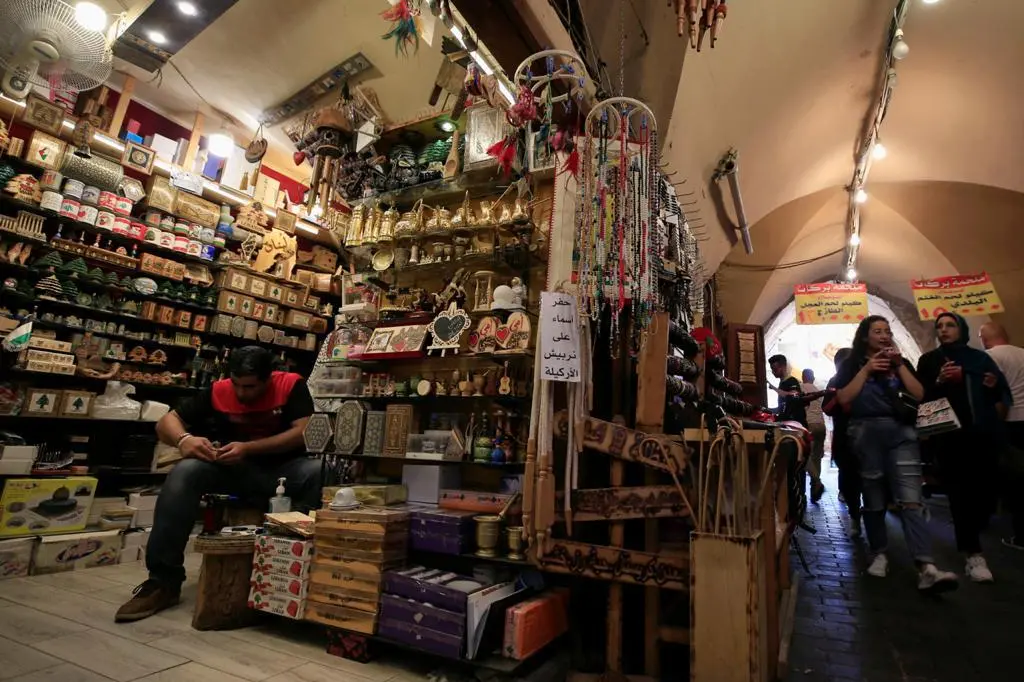PHOTO
BEIRUT: As many as 50 percent of Lebanons shops and businesses could close by the end of 2020, the head of the Beirut Traders Association Nicolas Chammas said Tuesday.
Chammas said that 25 percent of private sector businesses already closed this year in Beirut alone, with even more closures outside of the capital. He predicted that a similar proportion of businesses would close over the next six months due to the total loss of confidence in Lebanons financial and economic system.
According to Chammas, this lack of confidence and political and economic stability are responsible for the slump in remittances and foreign investment that Lebanon has witnessed for numerous years now.
Lebanons economy shrunk by around 6.9 percent in 2019 and the U.S. investment bank J.P. Morgan predicted Monday that it will contract a further 14 percent this year. This is 2 points more than the governments own economic rescue plan had foreseen.
Chammas made televised comments after a meeting Tuesday between heads of Lebanons trade associations, unions, committees and markets. He warned that members of these private sector bodies would suffer the heaviest losses from the countrys ongoing financial collapse.
He said that unemployment had rocketed and worsened exponentially since October 2019 and that it was likely to blight as much as three quarters of the work force by September.
Chammas blasted the government for counting on a $10 billion bailout package from the IMF, which it approached in May, while it had yet to demonstrate a "single reform measure capable of boosting the economy.
Chammas said that smuggling, looting, waste and the logic of spoil-sharing that dominates political and economic decision-making must be stamped out.
In an apparent attack on Hezbollah and its allies in government, he lamented that sharp differences in political and economic positions between parties were preventing help from Arab states and friendly European countries.
Chammas presented a range of demands which if not met would be faced with escalatory action. Among the demands are a mechanism for a supply of dollars for traders, and a quota for the commercial sector to import certain items.
He also called for a reduction in the size of the public sector and its spending, extending the grace period for loan repayments by 6 months at least and the rescheduling overdue loans on favorable terms.
Informal capital controls currently limit depositors ability to withdraw or transfer their savings, and banks have stopped dispersing dollar notes owing to the acute shortage of the bills in the country.
Copyright 2020, The Daily Star. All rights reserved. Provided by SyndiGate Media Inc. (Syndigate.info).





















